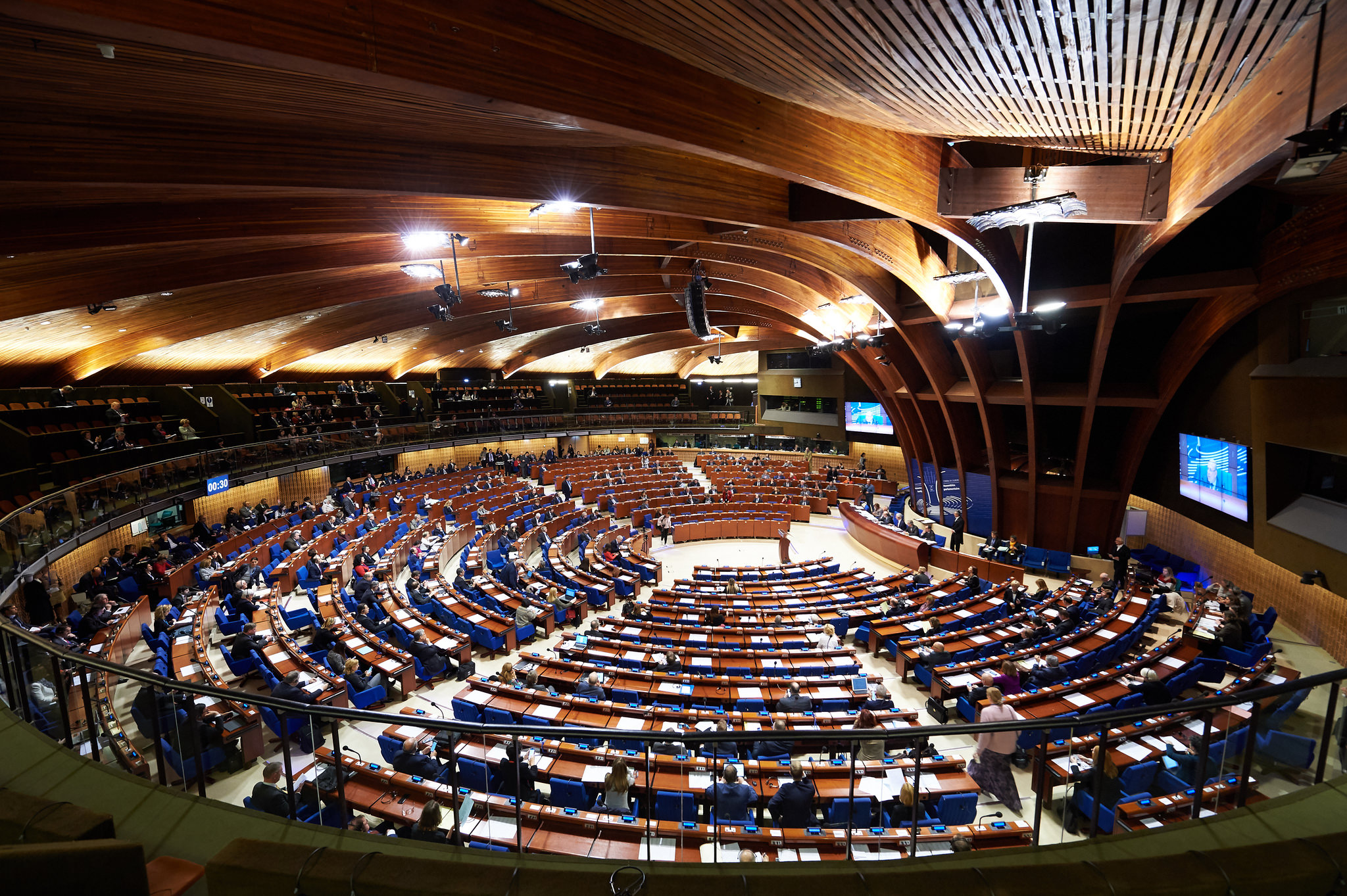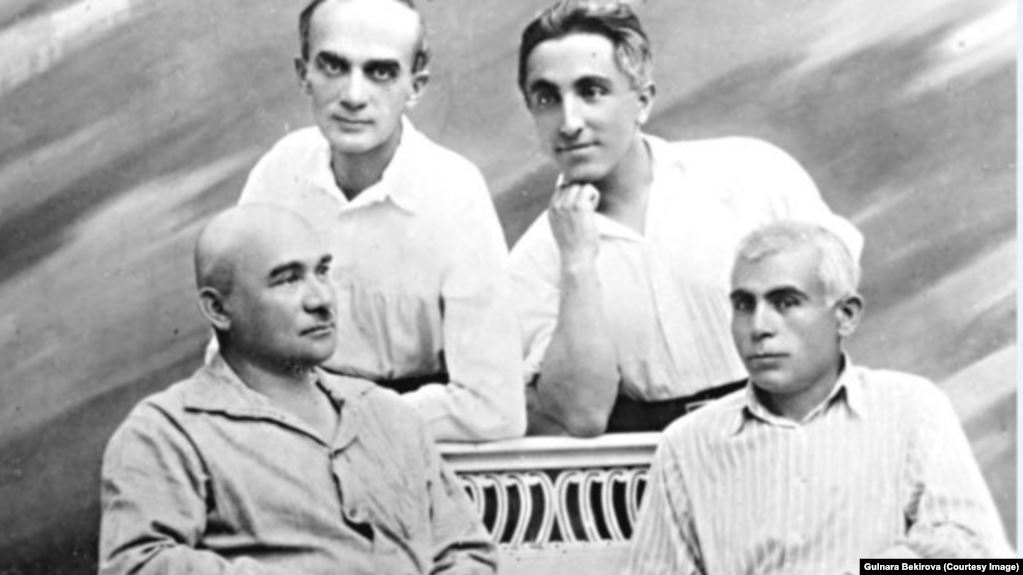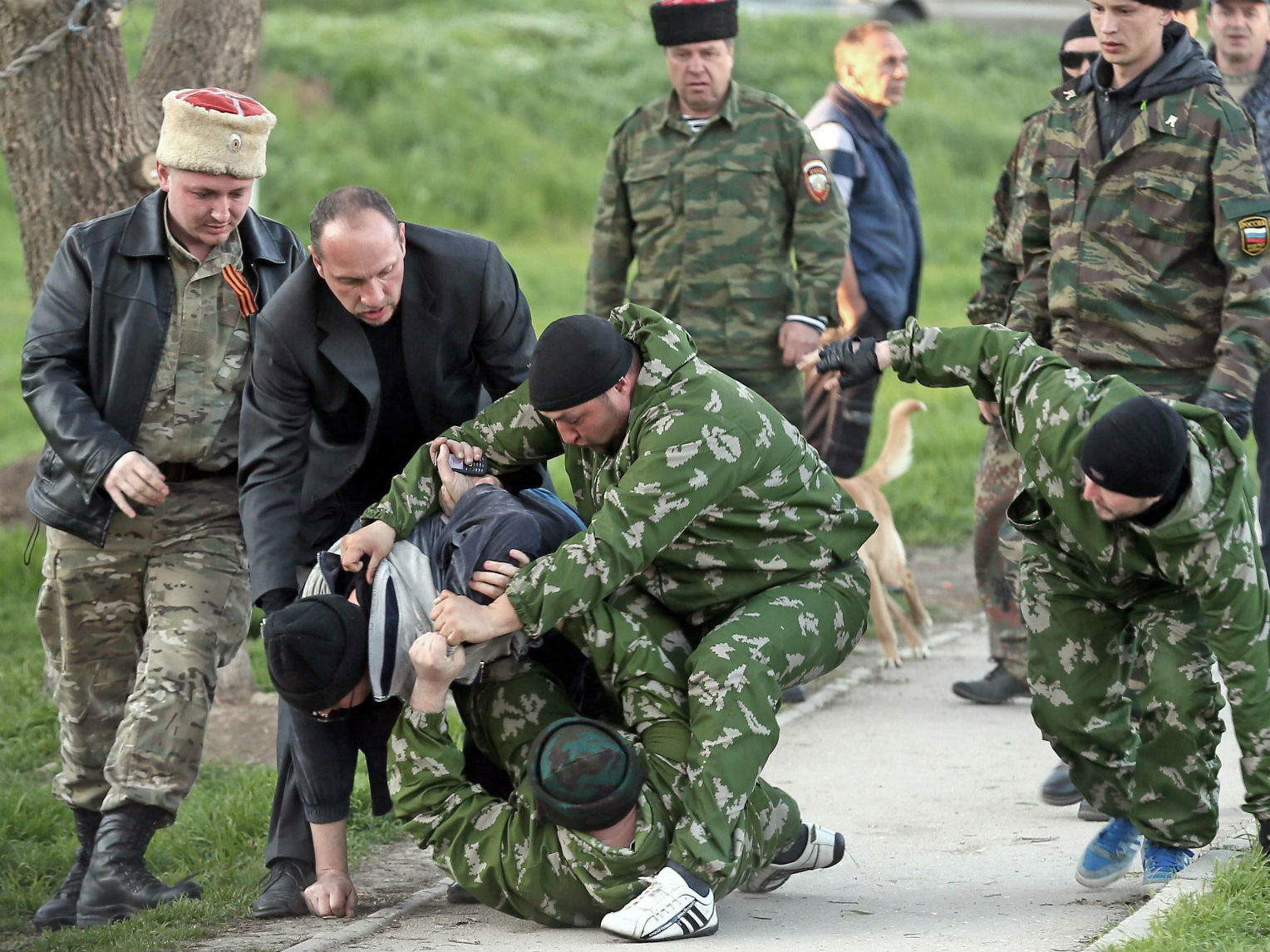As several amendments to the initial draft resolution were passed, 56 delegates representing the PACE member states favored the resolution, no member voted against, 10 abstained.
The Assembly calls on all member states to use their joint efforts "to put an end to this conflict and the sufferings of the civil population."
All sides of the war are called to release all prisoners. The joint working group should be established to deal with the issue of missing persons. The assembly calls to form it out of the representatives of "Ukraine, the Russian Federation, the ICRC and the illegal armed forces of the Donetsk and Luhansk regions."

Read also: Historic PACE resolutions condemn Russian aggression, rule out elections in occupied Donbas (2014)
PACE urged Russia to cease all financial and military support to the illegal armed groups in the Donetsk and Luhansk oblasts, and to cease recognition of the documents issued in the ORDLO.
Once again, the document calls on Russia to uphold all its obligations under international law as an occupying power and to ensure respect for the human rights and the security of all inhabitants of occupied Crimea and ensure unhindered access to annexed Crimea to international organizations. PACE urges Russia to "release all Ukrainian prisoners captured and imprisoned in the Russian Federation and in annexed Crimea in the context of the war," which would apparently refer not only to the prisoners of war in Donbas, but to the de-facto Ukrainian political prisoners in Russia, of which there are now at least 64.
Read also: PACE calls on Russia to release Sentsov and other Kremlin hostages
The document also demands Russia to stop military aggression against Ukraine and restore its territorial integrity.
The resolution states the fact that the Russian Federation has ignored the previous PACE resolution "Legal remedies for human rights violations on the Ukrainian territories outside the control of the Ukrainian authorities" adopted in 2016, in which the Assembly urged Russia to observe human rights in occupied Crimea and ensure the protection of the fundamental rights in the "self-proclaimed 'people’s republics' of Donetsk and Luhansk."
The Russian delegation was deprived of its voting rights in PACE in 2014 following the annexation of Crimea. Since then, Russia has been trying to restore its rights in the Assembly.
Ukraine's Permanent Representative to the Council of Europe Dmytro Kuleba commented on the Russian regular attempts to return to the PACE:
"In the event of an unconditional return of Russia to the PACE, Moscow's policy will not change, but the Council of Europe will be different. If it forgives Russia's violations, it will lose the right to criticize other countries," he said.
Read also: Russia won’t send its delegation to the PACE winter session
The new resolution de facto expresses full support to Ukraine in its efforts to restore its territorial integrity and to overcome the consequences of the war. However, the possibilities that Russia would obey its demands are slim, since Russia has been ignoring all previous PACE resolutions on Crimea and the Donbas.
Senior Russian lawmaker Pyotr Tolstoy states that the PACE resolutions on Crimea will never be implemented.
Meanwhile, the Ministry of Foreign Affairs of Ukraine has called on the international community to tighten sanctions against Russia after its delegates to PACE said Moscow would not comply with the organization's resolutions adopted since 2014, i.e. after the annexation of Crimea and the start of the war in the Donbas.
Read more:
- EU Parliament demands Russia release 47 Ukrainian de facto political prisoners, urges sanctions
- Russia won’t send its delegation to the PACE winter session
- Russia vows to return to PACE, but not in 2018
- Delegates from 20 countries call to prevent return of Russia to PACE
- The treason of Europe: PACE adopts resolution allowing to lift political sanctions against Russia
- How the head of PACE became Putin’s lackey
- Russia’s participation in PACE meeting protested in Madrid
- PACE calls on Russia to release Sentsov and other Kremlin hostages
- Historic PACE resolutions condemn Russian aggression, rule out elections in occupied Donbas
- Russia and PACE resolutions: a checklist (ANIMATION)





